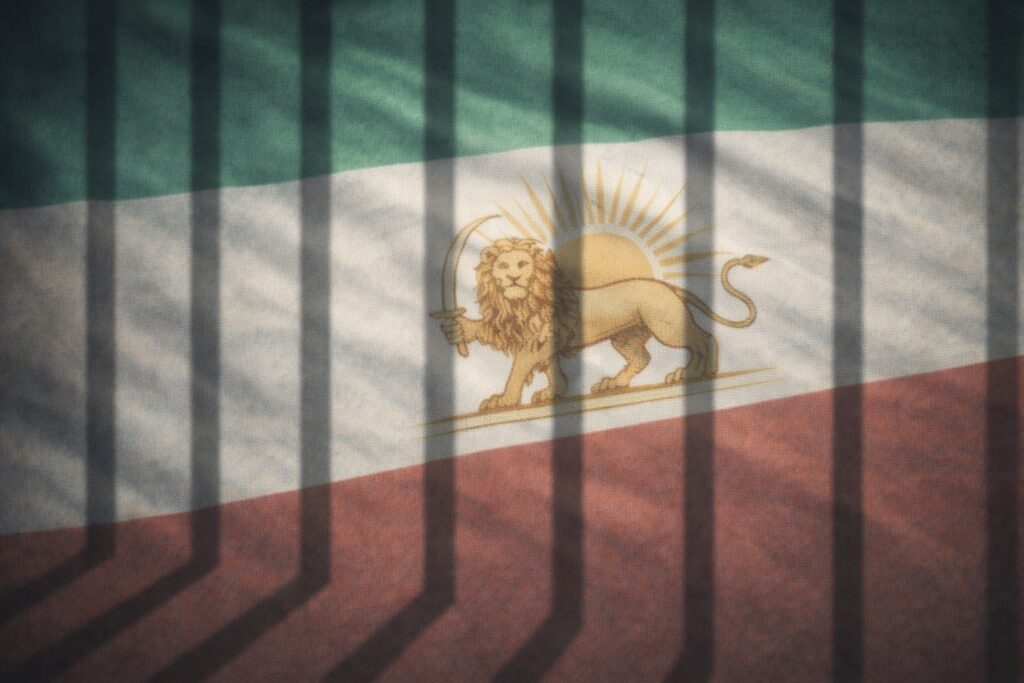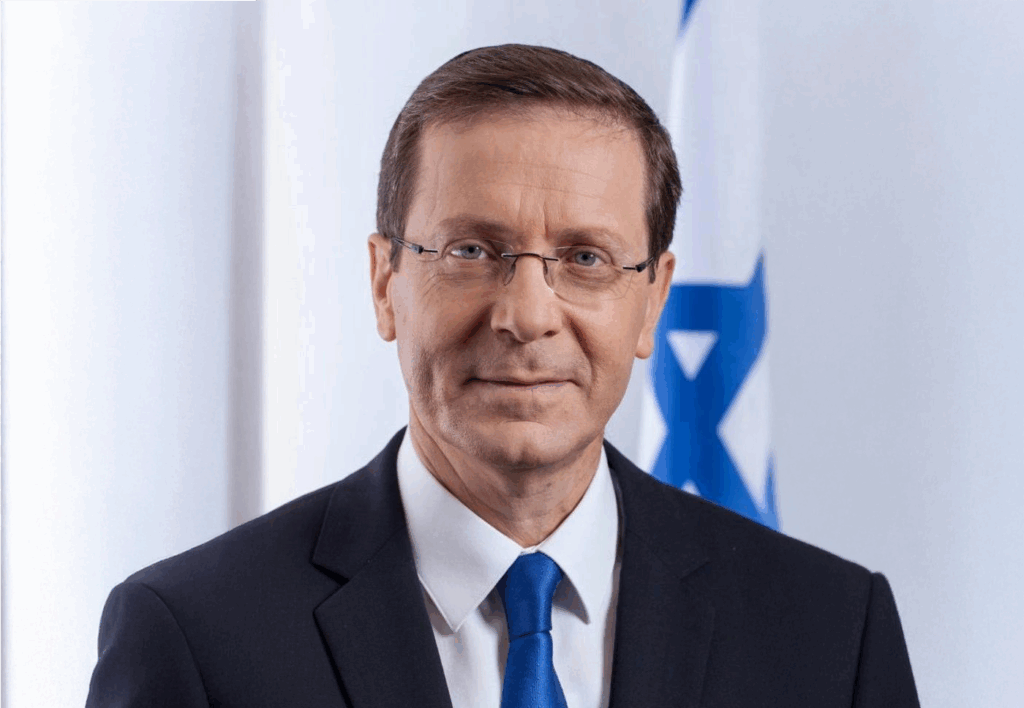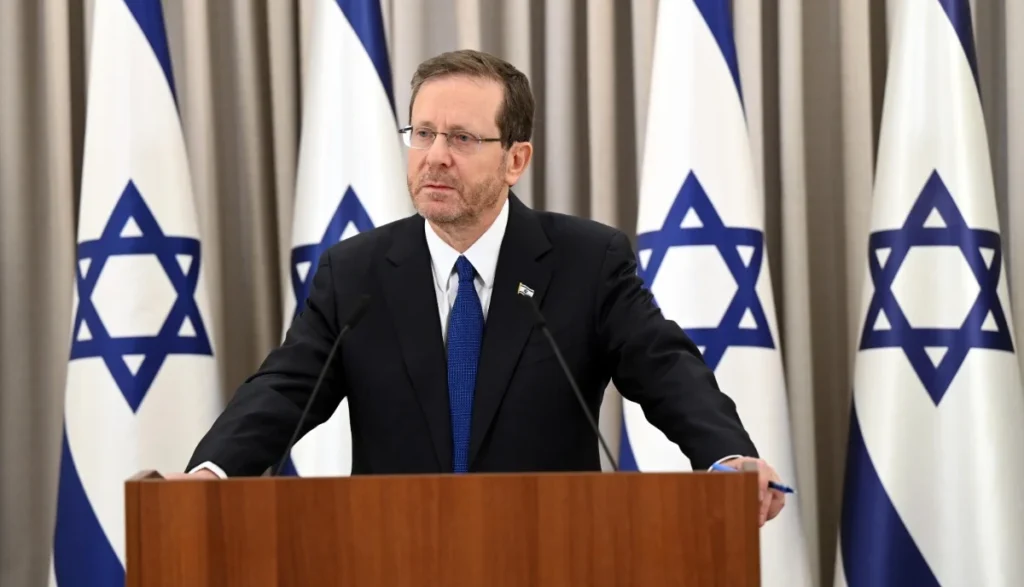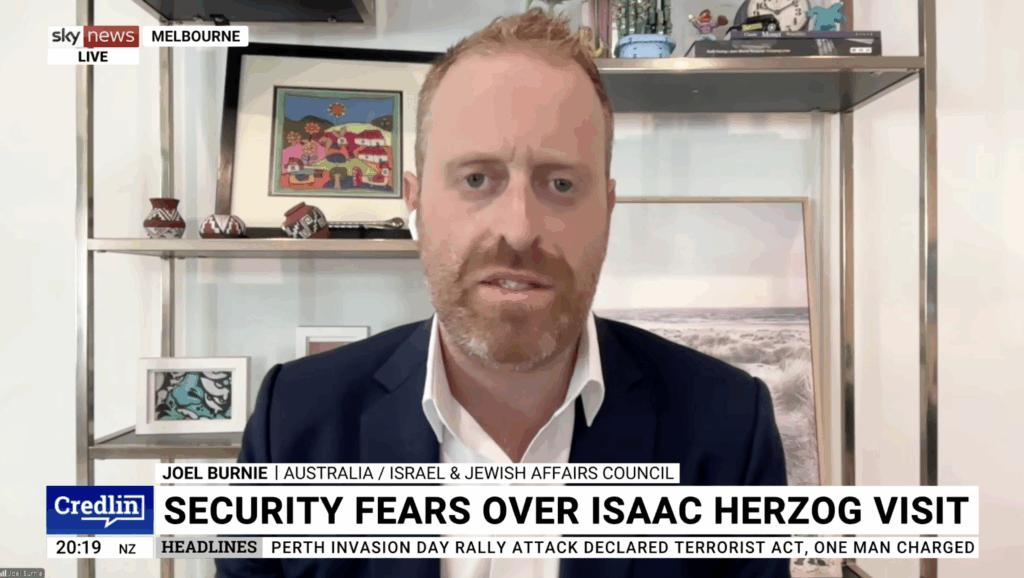IN THE MEDIA
When is a ban not a ban?
March 5, 2020 | Naomi Levin
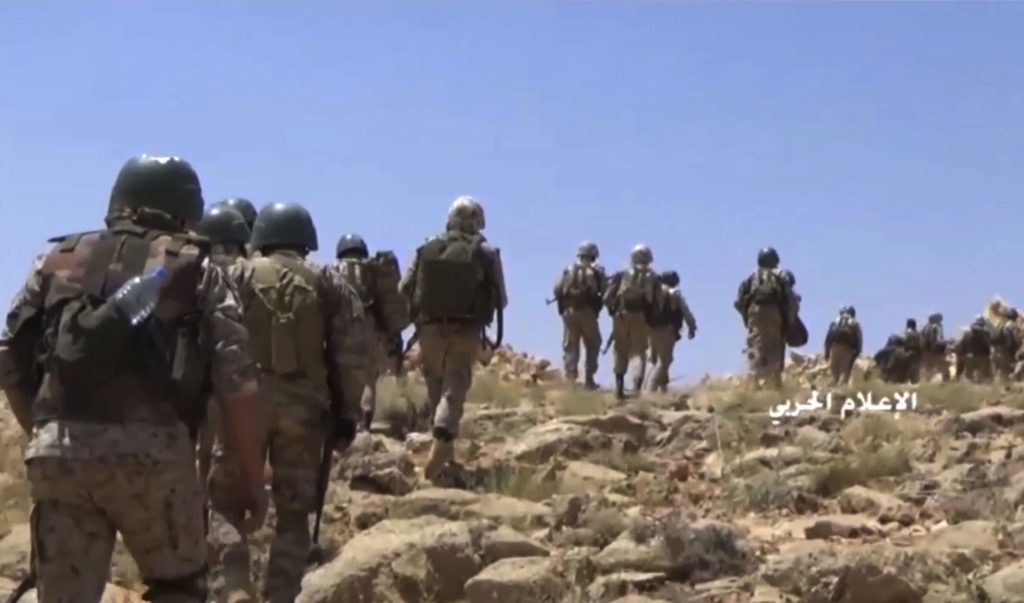
This article first appeared in The Daily Telegraph on March 5 2020.
Australians are not allowed to fly Islamic State flags, not allowed to raise money for Islamic State and cannot recruit supporters of Islamic State.
But if it is Hezbollah, a Lebanon-based terrorist group operating in the region and beyond, the restrictions are much more relaxed.
Extremist Australian Muslim clerics praise Hezbollah in social media videos, Australian charities can send money to support Hezbollah-run services in Lebanon and we regularly see Hezbollah flags waved at rallies in Sydney and Melbourne
It is time Australia listed Hezbollah as a terrorist organisation in the interests of national security and to ensure consistency with our closest allies.
What is Hezbollah? It is a nearly 40-year-old, well-funded professional militia based in Lebanon with multiple terrorist cells abroad. Hezbollah does the bidding of Iran, described by the US Government as “the world’s leading state sponsor of terrorism”. It is also a major perpetrator of transnational crime, including drug trafficking and money laundering.
Hezbollah has sent thousands of fighters to Syria in support of despot Bashar al-Assad, providing battle training for its forces and securing a strategic land passage for its patron, Iran. Hezbollah also has an estimated 150,000 missiles in Lebanon pointed at Israel.
Hezbollah commits terrorist attacks outside of the Middle East too. One of its most heinous attacks was on an Argentine Jewish cultural centre in 1994 killing 85 people; a Hezbollah-supporting Australian citizen killed six people in a 2012 attack in Bulgaria.
Hezbollah sleeper cells have been uncovered in Australia and Hezbollah-linked criminals have allegedly engaged in drug trafficking to Australia and used Australia for other transnational criminal activities.
Hezbollah’s status in Australia came to a head recently, when a NSW court was unable to fulfil a State Government request that a violent criminal be placed under additional supervision because of his publicly-stated support for Hezbollah.
That’s because it is not illegal in Australia to support Hezbollah, despite its heinous record.
At the moment, under Australia’s Criminal Code, it is illegal to support what the Australian Government calls the Hezbollah External Security Organisation (ESO). According to the Australian Government, the ESO is a discrete wing of Hezbollah that sits within its military apparatus and organises terrorist attacks outside of Lebanon. The rest of Hezbollah can be legally supported by Australians, including sending money, or recruiting people to join the organisation.
Australia’s closest allies, the UK, US, Canada and New Zealand, all do things differently. Apart from New Zealand, these states list the entirety of Hezbollah as a terrorist organisation. New Zealand bans only the military wing of Hezbollah.
Australia’s Parliamentary Joint Standing Committee on Intelligence and Security has recommended that Australia upgrade its ban to the military wing of Hezbollah, which would at least bring Australia in line with New Zealand.
The problem is that Hezbollah itself does not differentiate between a military wing and any other part of the organisation. Hezbollah deputy secretary general Naim Qassem himself said: “We don’t have a military wing and a political one; we don’t have Hezbollah on one hand and the resistance party on the other”
In 2019, then-UK home secretary Sajid Javid conceded Qassem’s point: “We are no longer able to distinguish between their already banned military wing and the political party,” Javid said.
Given Australia’s security could be at stake, why doesn’t the Australian Government ban all of Hezbollah?
Speaking on radio on February 20, Home Affairs Minister Peter Dutton said, “there are other equities that we need to look at in the consideration of many of these matters”. Minister Dutton said he would take advice from security agencies as to Australia’s best interests.
Australia has currently full diplomatic relations with the Lebanese Government, which is dominated by Hezbollah, and an active embassy in Beirut.
Our embassy houses both diplomats and Australian security officials, who maintain close cooperation with Lebanon on counter-terrorism and other issues. Australia Defence Force personnel serve in Lebanon as part of a UN peacekeeping mission. Australia is also home to a large Lebanese expat community.
So Minister Dutton is correct – there are a lot of “equities”.
However, we are not unique in this respect.
All of our closest allies have worked through similar challenges in order to ban Hezbollah from operating in their countries. This allows them to stem terror financing, crack down on local supporters and keep their populations safer. It does not mean severing diplomatic ties with Lebanon. The UK, US and Canada all have embassies and diplomatic relations with Lebanon.
Minister Dutton has said he will be reviewing Australia’s listing of Hezbollah. A review is very welcome. Indeed, given the grave danger Hezbollah poses to global and regional security – as well as the lead taken by our allies – a serious rethink of Hezbollah’s legal status appears overdue.
Tags: Australia, Hezbollah, Israel, Lebanon, Parliament, Peter Dutton, Syria, Terrorism


